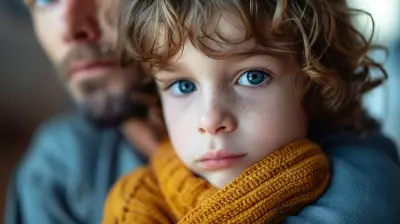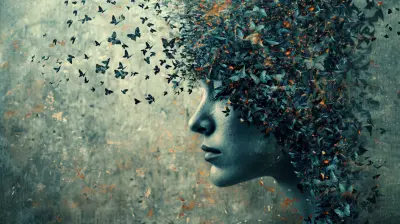The Impact of Social Media on Human Behavior and Mental Health
23 March 2025
Let’s face it — social media is everywhere. Whether you're scrolling through Instagram, tweeting your latest thought, or diving into Facebook's endless feed, these platforms have become an integral part of our daily lives. But have you ever stopped to think about how social media is affecting your behavior and mental health?
In this article, we will dive deep into the multifaceted relationship between social media, human behavior, and mental well-being. Spoiler alert: It’s not all bad, but it’s not all good either. So, buckle up, we’re about to explore the impact of social media on human behavior and mental health in ways you may not have considered before.
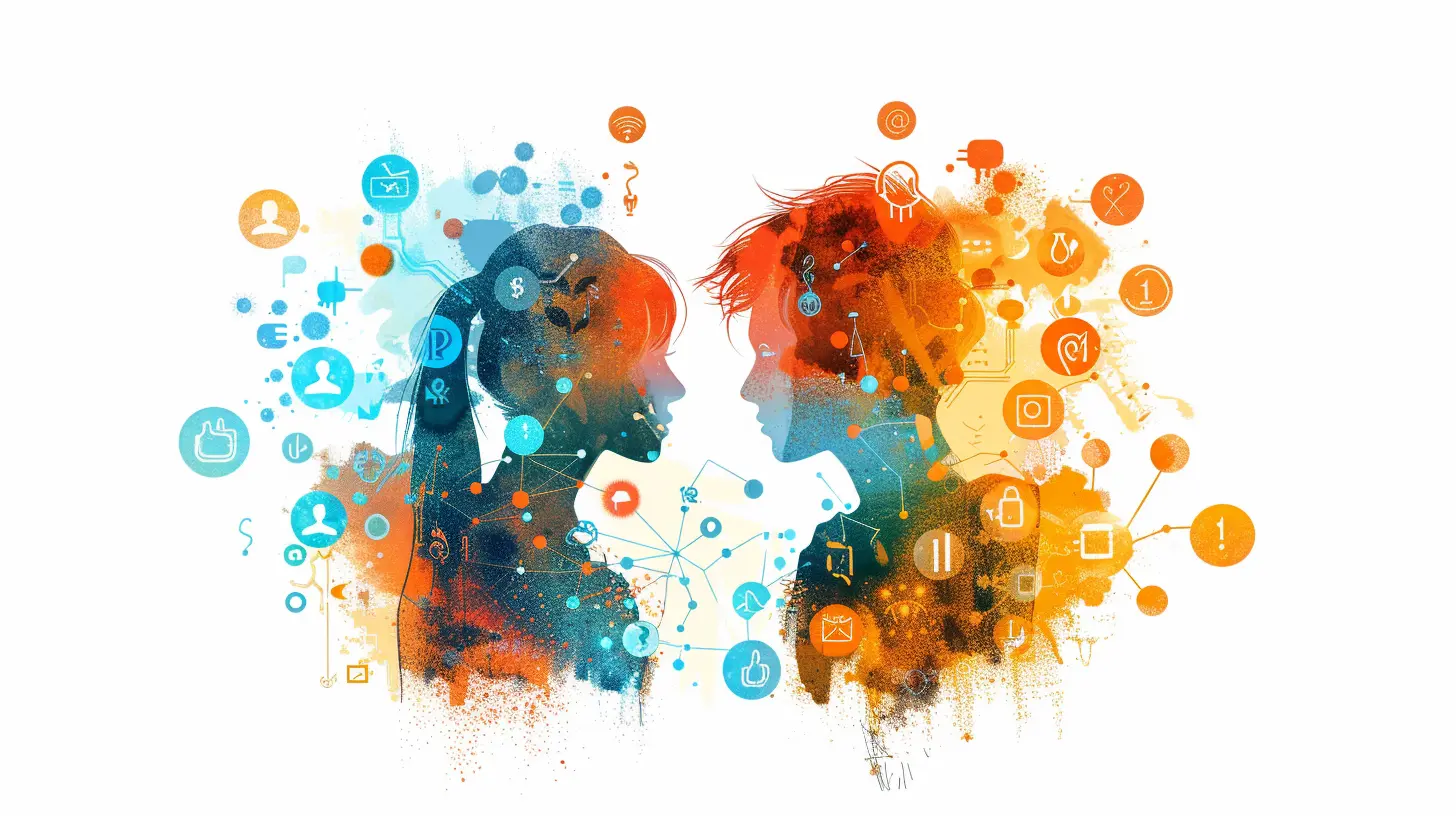
Table of Contents
1. The Rise of Social Media2. How Social Media Affects Human Behavior
- Social Comparison
- Fear of Missing Out (FOMO)
- Validation and Self-Worth
3. The Mental Health Implications
- Anxiety and Depression
- Sleep Disruptions
- Cyberbullying
4. Positive Effects of Social Media
- Building Communities
- Access to Information
5. How To Use Social Media Mindfully
6. Conclusion
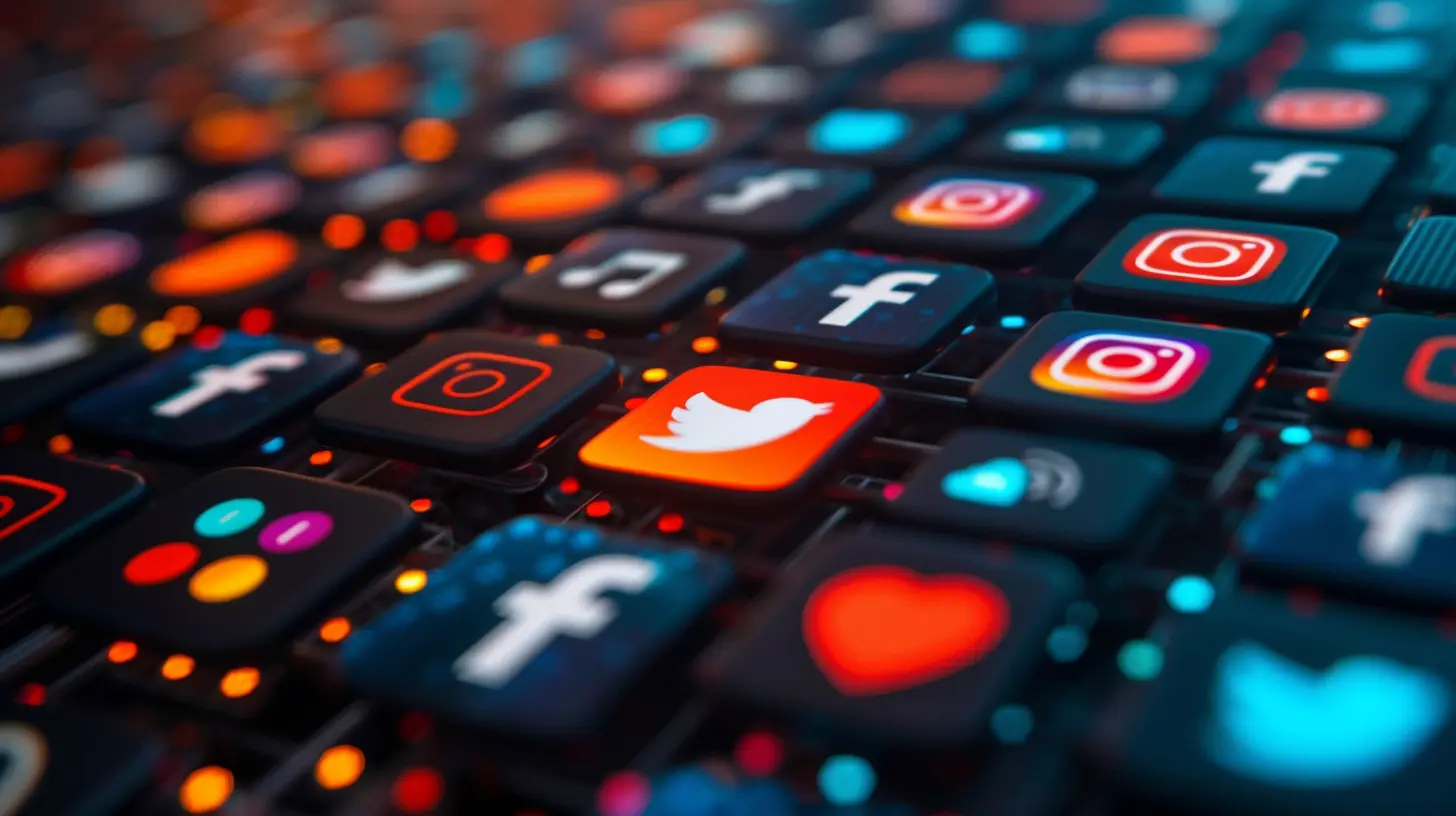
The Rise of Social Media
Social media has exploded in popularity over the last couple of decades. Remember when Facebook was just for college students? Now, it’s a global giant with over 2.8 billion monthly active users. And it's not just Facebook — Twitter, Instagram, TikTok, Snapchat, and LinkedIn have all become staples in our digital diet.We spend hours each day on these platforms, and according to studies, the average person spends 2 hours and 31 minutes per day on social networking sites. That’s a lot of time staring at screens, but it’s not just the time we spend — it’s what happens to our minds and behaviors during that time.
How Social Media Affects Human Behavior
Social Comparison
One of the biggest ways social media affects our behavior is through social comparison. It’s human nature to compare ourselves to others, but social media takes this to a whole new level. Every swipe or scroll brings up a new highlight from someone’s life: a vacation photo, a job promotion, or a picture-perfect relationship.The problem? We’re often comparing our everyday life (with all its messiness) to someone’s curated highlight reel. It’s like comparing apples to oranges, but we do it anyway. Over time, this can lead to feelings of inadequacy and dissatisfaction with our own lives.
Fear of Missing Out (FOMO)
Ah, FOMO—the modern-day epidemic. It’s that nagging feeling that you're missing out on something better, something more exciting happening somewhere else. Social media amplifies this feeling by constantly exposing us to what others are doing, eating, experiencing, and achieving.When you’re at home on a Friday night, scrolling through pictures of your friends at a party, it's easy to feel like you're missing out. This can lead to anxiety, stress, and even impulsive decisions, like going to events you don’t really want to attend just to avoid FOMO.
Validation and Self-Worth
Let’s be real: We all love getting likes, shares, and comments. It’s like getting a little hit of dopamine every time that notification pops up. But what happens when the likes stop rolling in? For many, social media has become a tool for validation.We post something, and if it gets enough engagement, we feel good about ourselves. If it doesn’t, we might start to feel insecure or question our worth. This reliance on external validation can lead to an unhealthy attachment to social media, where our self-esteem becomes tied to how others perceive us online.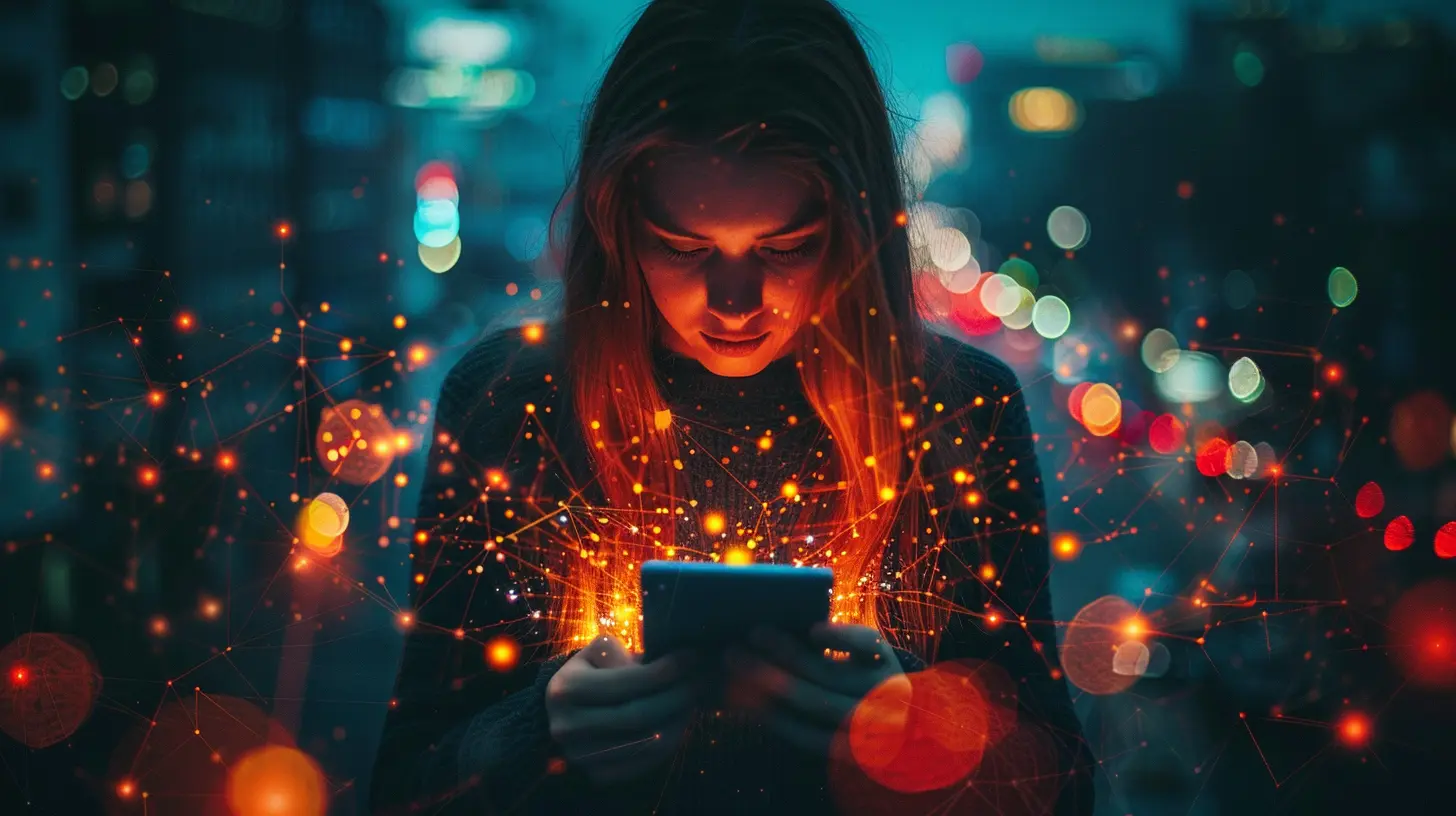
The Mental Health Implications
Anxiety and Depression
Multiple studies have shown a correlation between heavy social media use and increased levels of anxiety and depression. One reason for this is the constant exposure to idealized representations of life, which can make us feel like we’re not measuring up.Then there’s the pressure to always be “on” — constantly updating your followers, responding to messages, and maintaining an online persona. This can be exhausting, and for some, it leads to feelings of burnout and mental fatigue.
Sleep Disruptions
Ever find yourself scrolling through Instagram in bed, only to realize it’s way past your bedtime? You’re not alone. Social media can seriously mess with your sleep schedule.The blue light from screens interferes with your body’s production of melatonin, the hormone that regulates sleep. Plus, the stimulating content on social media can keep your brain wired, making it harder to wind down. Lack of sleep can then exacerbate feelings of stress, anxiety, and depression, creating a vicious cycle.
Cyberbullying
While social media has connected us in amazing ways, it’s also opened the door to some darker behaviors, like cyberbullying. Unlike traditional bullying, which is usually confined to specific environments like school or work, cyberbullying can happen anywhere, anytime — all it takes is a phone or computer.Victims of cyberbullying often experience heightened levels of anxiety, depression, and even suicidal thoughts. The anonymity of the internet can embolden bullies while leaving their victims feeling helpless and isolated.
Positive Effects of Social Media
Okay, I know I’ve painted a pretty bleak picture so far, but it’s not all doom and gloom. Social media has some positive effects too, especially if used mindfully.Building Communities
Social media allows people from all walks of life to connect and form communities around shared interests, beliefs, and experiences. This can be incredibly empowering, especially for individuals who may feel isolated in their offline lives.Whether it's joining a group for mental health support, connecting with fellow hobbyists, or participating in meaningful social movements, these online communities can provide a sense of belonging and purpose.
Access to Information
Another upside to social media is the sheer amount of information available at your fingertips. From breaking news to educational content, social media platforms can be a valuable resource for learning and staying informed.Moreover, many people use social media to spread awareness about important social issues, mental health resources, and self-care strategies. When used responsibly, these platforms can be a force for good.
How To Use Social Media Mindfully
Now that we’ve covered both the good and the bad, you might be wondering: How can I use social media without letting it negatively impact my mental health?Here are a few tips to help you use social media mindfully:
1. Set time limits: Try to limit the amount of time you spend on social media each day. Many smartphones have built-in features that track your usage and can help you cut back.
2. Unfollow or mute: If certain accounts make you feel anxious, jealous, or inadequate, don’t hesitate to unfollow, mute, or block them. Your mental health should come first.
3. Take breaks: Sometimes, the best thing you can do is step away. Consider taking short breaks from social media to recharge and focus on the present moment.
4. Engage meaningfully: Instead of mindlessly scrolling, make an effort to engage in meaningful conversations and interactions. Use social media to connect with people, not just to pass the time.
5. Be authentic: Don’t feel like you need to present a perfect version of yourself online. Be real, be you, and don’t rely on likes or comments for validation.
Conclusion
Social media is a double-edged sword. On one hand, it offers incredible opportunities for connection, information-sharing, and community-building. On the other hand, it can fuel feelings of inadequacy, anxiety, and even depression if not used mindfully.Remember, social media is a tool — how you use it is what matters. By being aware of its potential pitfalls and taking steps to use it in a healthy way, you can enjoy the benefits without letting it take a toll on your mental health.
So, the next time you open Instagram or TikTok, think about how it’s making you feel. Are you using it to connect, learn, and grow? Or are you falling into the trap of comparison and validation? The choice is yours.
all images in this post were generated using AI tools
Category:
Human BehaviorAuthor:

Jenna Richardson
Discussion
rate this article
4 comments
Avery Weber
Social media greatly influences behavior and mental health.
April 3, 2025 at 3:16 PM

Jenna Richardson
Absolutely, social media shapes our interactions and perceptions, often leading to both positive connections and negative mental health outcomes.
Ford Lynch
Social media, a double-edged sword, mirrors our deepest desires and fears. As we scroll through curated lives, what shadows lurk beneath the surface? Are we connecting or merely reflecting? Delve into the enigmatic influence it wields over our minds and souls.
March 29, 2025 at 4:41 AM

Jenna Richardson
Social media indeed acts as a mirror, revealing our desires while amplifying our insecurities. It fosters connection but often leads to superficial interactions, challenging our mental health and self-perception.
Weston Hines
Great insights on the complex relationship between social media and mental health. It’s crucial to understand these dynamics to foster healthier online interactions and well-being. Thank you!
March 27, 2025 at 6:00 PM

Jenna Richardson
Thank you for your thoughtful feedback! I'm glad you found the insights valuable.
Mae Foster
This article effectively highlights the complex relationship between social media use, behavior changes, and mental health outcomes.
March 24, 2025 at 5:00 PM

Jenna Richardson
Thank you! I'm glad you found the article insightful in exploring this important topic.
